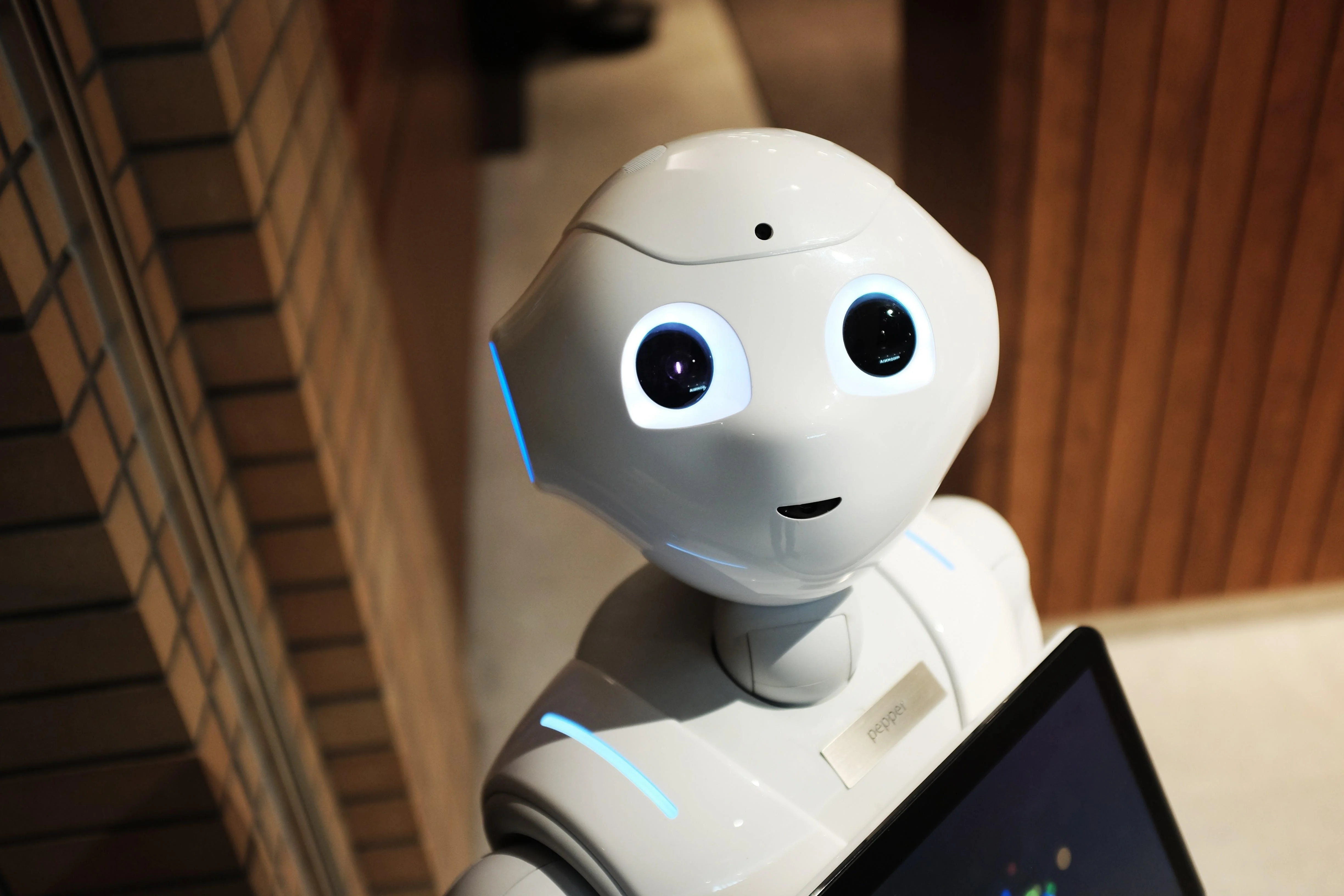Artificial Intelligence (AI) has emerged as a transformative force, reshaping industries, revolutionizing lifestyles, and pushing the boundaries of what we thought possible. As we stand on the precipice of a new era, it's crucial to explore the potential trajectories of the world as AI technology continues to evolve. The future promises both unprecedented opportunities and challenges, heralding a paradigm shift that will redefine the very fabric of our existence.
AI's impact on the global economy is already palpable, and its evolution will undoubtedly accelerate this transformation. Automation, driven by advanced AI systems, is set to revolutionize industries, from manufacturing to healthcare. As routine tasks become increasingly automated, the job market will undergo a profound shift. While certain jobs may be displaced, new opportunities will emerge, particularly in fields related to AI development, data analysis, and system maintenance.
The healthcare sector is poised for a major overhaul with the evolution of AI. Diagnostic tools powered by machine learning algorithms will enhance early detection of diseases, improving treatment outcomes and reducing healthcare costs. Personalized medicine, tailoring treatments to an individual's genetic makeup, will become more commonplace. Additionally, AI-driven robotic surgery and telemedicine will extend the reach of healthcare services to remote areas, ensuring more equitable access to medical expertise.
AI's evolution will revolutionize education by offering personalized learning experiences. Intelligent tutoring systems will adapt to individual learning styles, providing tailored educational content. Virtual and augmented reality, powered by AI, will create immersive learning environments, making education more engaging and accessible. However, the challenge will be to ensure that these technologies are integrated equitably across diverse communities to bridge educational gaps.
AI technologies will play a pivotal role in addressing environmental challenges. Advanced data analytics and AI-driven models can monitor and predict climate change patterns, facilitating more effective mitigation strategies. Smart grids and energy management systems will optimize resource utilization, leading to a more sustainable and eco-friendly future. AI-powered innovations may even contribute to the development of new materials and technologies that minimize environmental impact.
As AI becomes increasingly intertwined with our daily lives, ethical considerations and governance will become paramount. Issues related to privacy, bias in algorithms, and the potential misuse of AI technologies will need to be addressed. Global cooperation and the development of robust regulatory frameworks will be essential to ensure that AI is deployed responsibly and ethically.
The future of the world with the evolution of AI technology holds immense promise, but it also demands careful navigation. Embracing this transformative era requires a collective effort to harness the benefits of AI while mitigating its potential risks. By fostering innovation, promoting ethical practices, and ensuring inclusivity, we can steer the course towards a future where AI enhances the human experience and contributes to the betterment of society on a global scale. The journey ahead is both exciting and challenging, but with foresight and responsible development, we have the opportunity to shape a future that is intelligent, sustainable, and inclusive.




